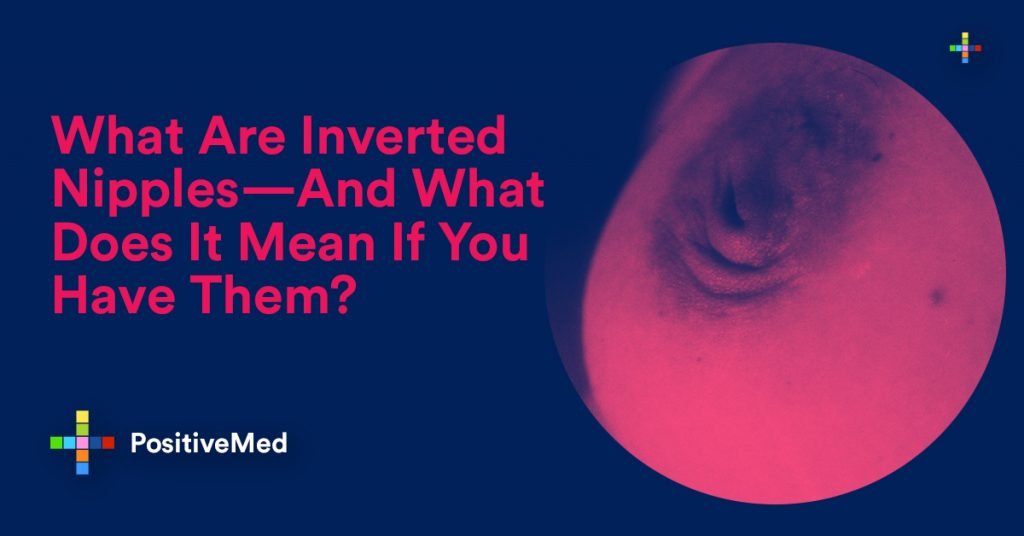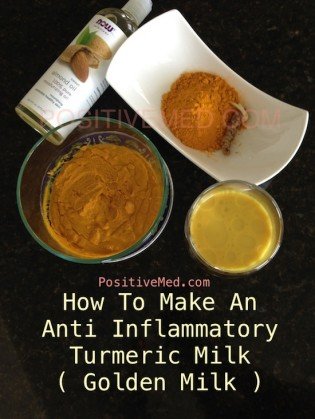We spend a lot of time worrying about the size and shape of our breasts, but nipples are often completely ignored. This often overlooked part of the human body can actually be very important. Even if you are not planning on giving birth or breastfeeding anytime soon, your nipples still have an import role to play. Here’s what you need to know about inverted nipples.

How Can You Tell If Your Nipples Are Inverted?
Telling whether or not your nipples invert is easy. All you have to do is take a glance at your breasts. If the nipple is taller than the surrounding tissue, it is normal. If you notice your nipple is flat against the breast or dips into a small hollow, it is inverted. Either one or both can be inverted, and 2 to 10 percent of all women have a retracted nipple. Some inverted nipples remain inverted even when stimulated, while others may temporarily poke out before retracting again.
What Causes Nipples to Invert?
The basic cause of a retracted nipple is simply a shortened duct in the breast that pulls the tissue inwards. Some women are just born with this, and it may be slightly genetic. However, there are also some health conditions that can make a formerly pointy nipple inverted. In some rare cases, cancer can cause nipples to invert. It can also be caused by repeated infections, clogged ducts, or inflammation in the breasts.
How Can You Treat Nipples That Are Inverted?
In some cases, you might just need to wait and see if your inversion will correct itself. Following infection or clogged duct treatment, your nipple will most likely return to its former shape. If you were born with inverted nipples, you can choose plastic surgery to make them stick out. You can also use piercings or suction devices to temporarily reposition the nipple.
Do Inverted Nipples Cause Any Health Problems?
In most cases, inverted nipples are harmless. You can still feel the same sensations regardless of nipple position. However, it may make breastfeeding a little difficult. Depending on the severity of the inversion, the baby may struggle to latch on. Even though they are not dangerous, keep in mind they can be a sign of something like cancer, so you should take any sudden nipple inversion seriously.
As you can see, inverted nipples are fairly common and usually are not a problem. If you’ve always had them, it is a relatively harmless condition caused by shortened ducts. Though they might make breastfeeding a little more difficult, it will not greatly impair your health. However, if a nipple that previously poked out has retracted, you should check with a doctor just to make sure you are healthy.






